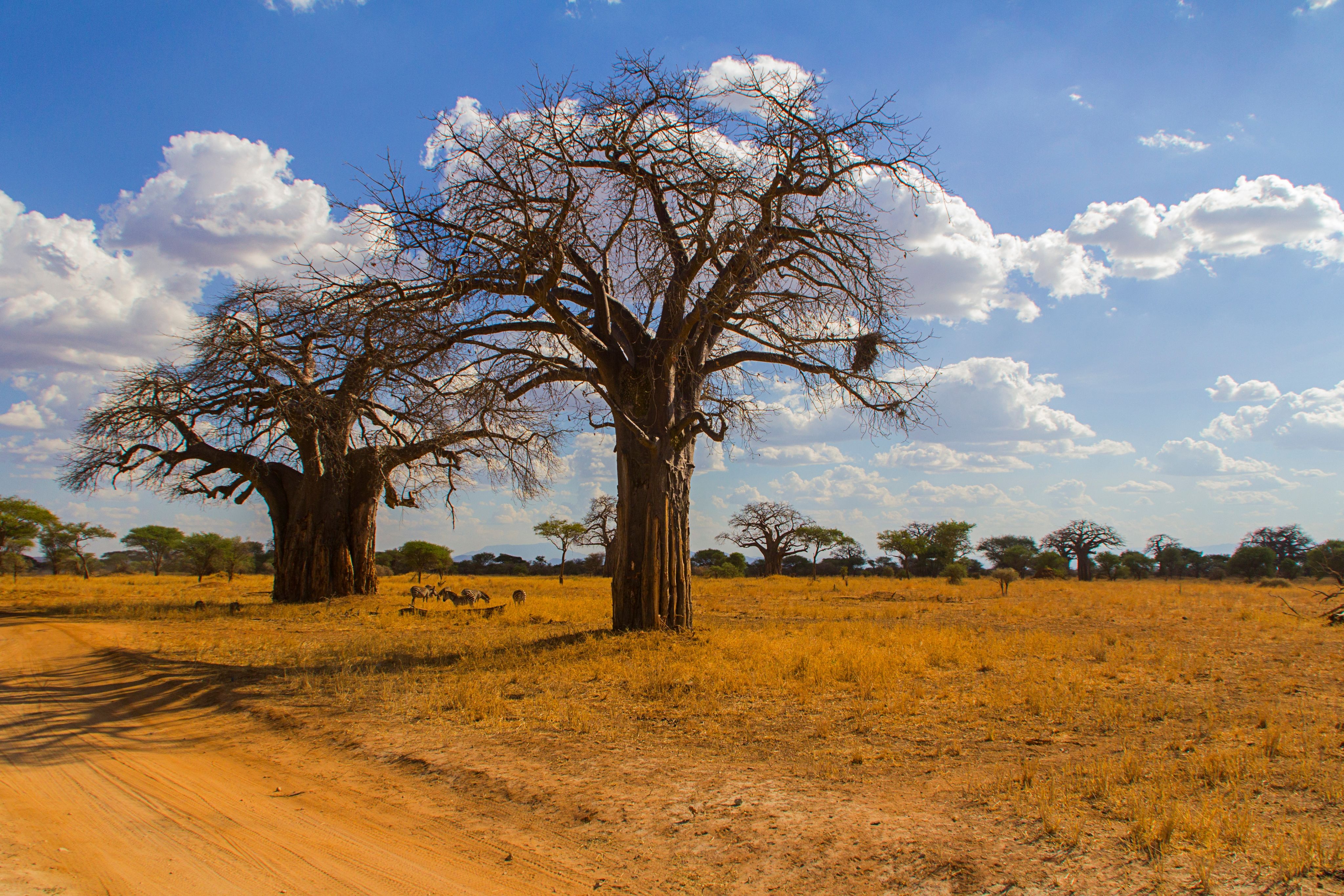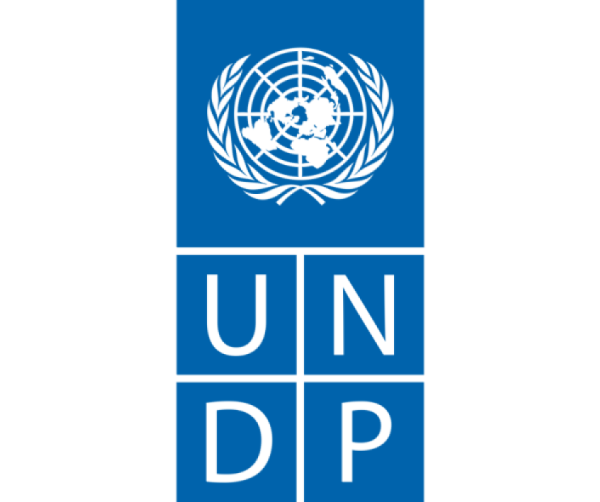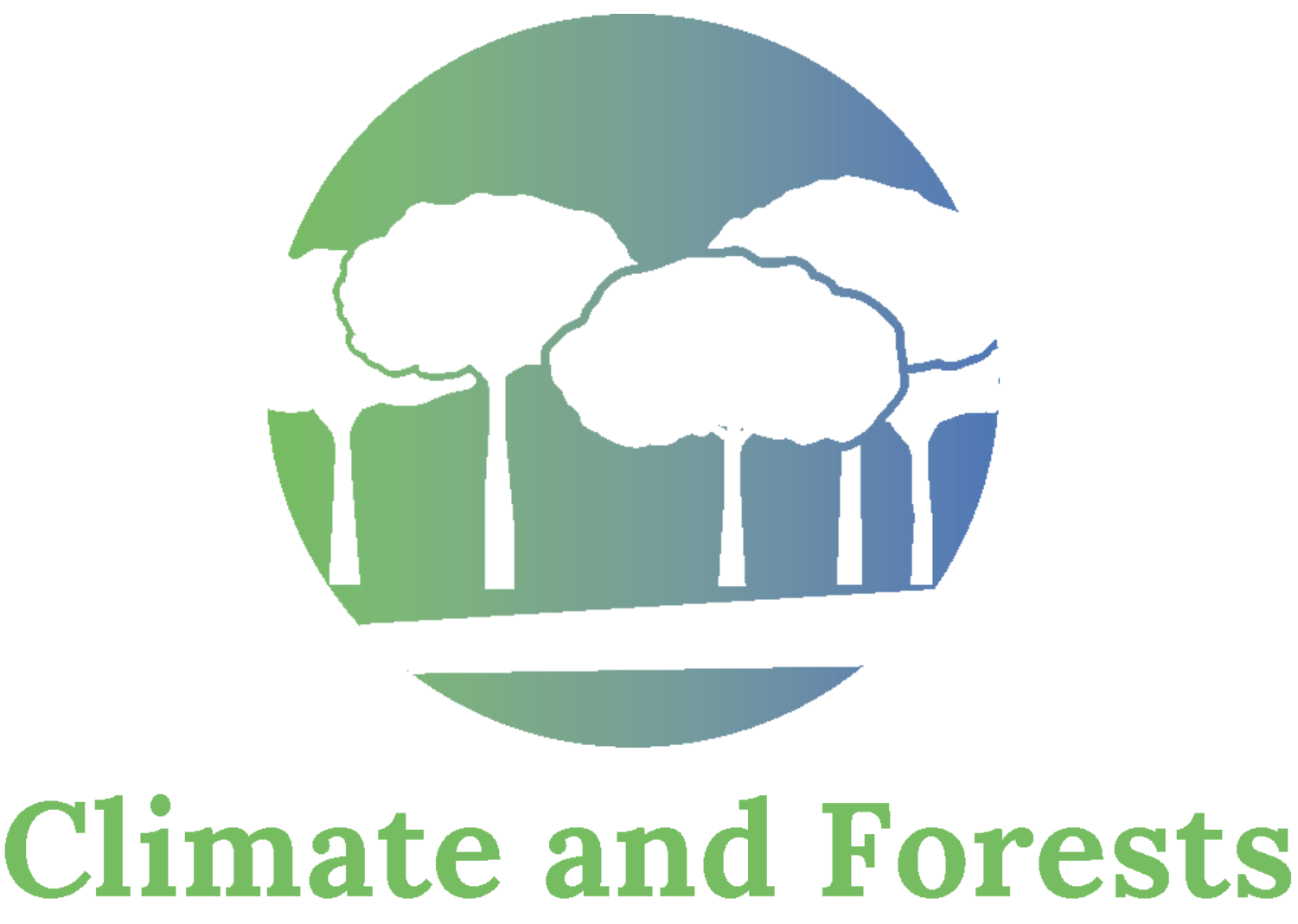Carbon Markets Tailored for Africa: Perspectives and Recent Developments
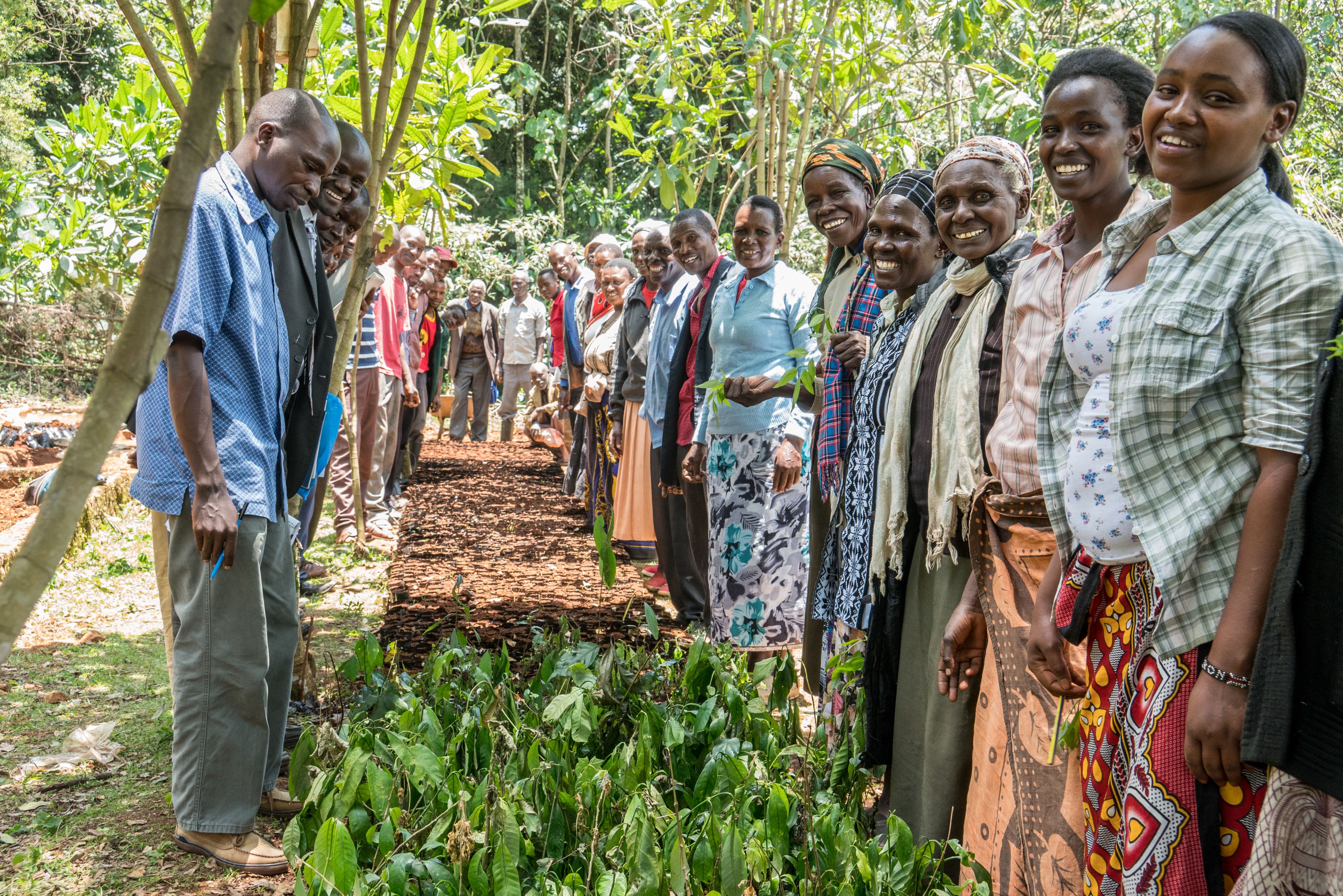
Africa is actively exploring the opportunities presented by carbon markets to address substantial gaps in climate finance. Carbon markets aim to mitigate climate change by creating an economic incentive for reducing greenhouse gas (GHG) emissions as cost-effectively as possible, supporting increased involvement of the private sector, in line with the Paris Agreement. As a topic high on the agenda at this year’s COP 28, African countries wish to tap into the potential for high integrity markets to enable climate action and promote economic transition to net zero societies by mid-century, advancing the implementation of Nationally Determined Contributions (NDCs) and accelerating progress across their national development priorities and achievement of SDGs. The Nairobi Declaration agreed to at the Africa Climate Summit in September 2023, called for implementing a mix of measures that elevate Africa's share of carbon markets. UNDP Climate and Forests provides insights into the progress achieved by the Democratic Republic of Congo (DRC), Côte d'Ivoire, and Kenya in their endeavors to access carbon markets.
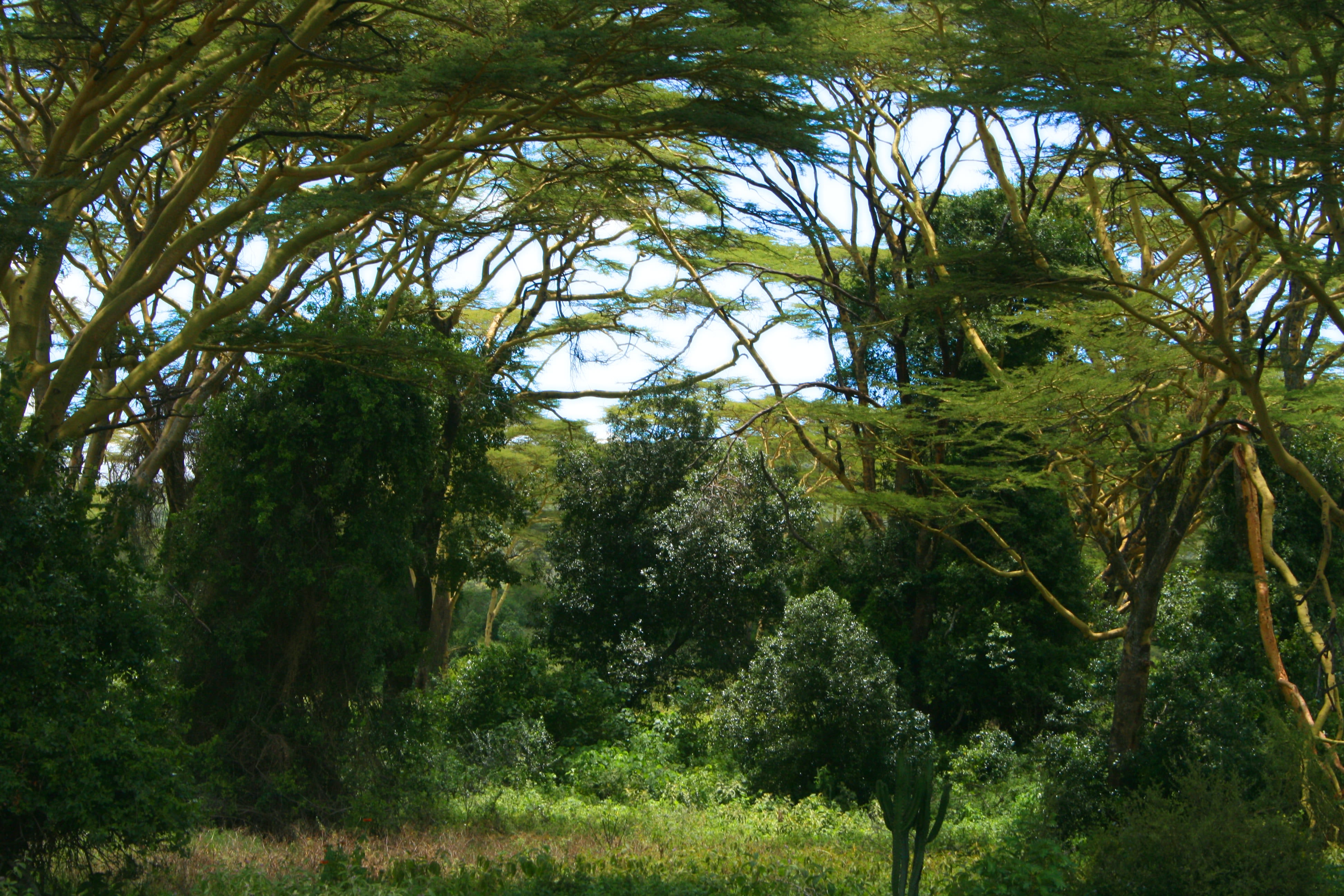
Advancing Climate Finance: The Journey of the Democratic Republic of Congo
In the Democratic Republic of Congo (DRC), significant efforts are being made in accessing carbon markets with technical support from UNDP. The government's efforts, highlighted in a recent parliamentarian retreat, focus on bolstering the country's capacity to mobilize climate finance and implement its NDC. Key achievements include the formulation of a comprehensive carbon market access roadmap and the endorsement of the Declaration of Zongo. This declaration outlines commitments to intersectoral coordination, resource mobilization, and alignment of carbon market investments with local development. Lessons learned include parliamentarians' strategic positioning in establishing the relevant regulatory framework and in mobilizing domestic financing, considering their critical role in the national budgeting process. Challenges such as limited knowledge among government officials underscore the importance of sustained capacity-building initiatives. The DRC's journey highlights the commitment to leveraging carbon markets for sustainable development while addressing knowledge gaps and managing expectations effectively.
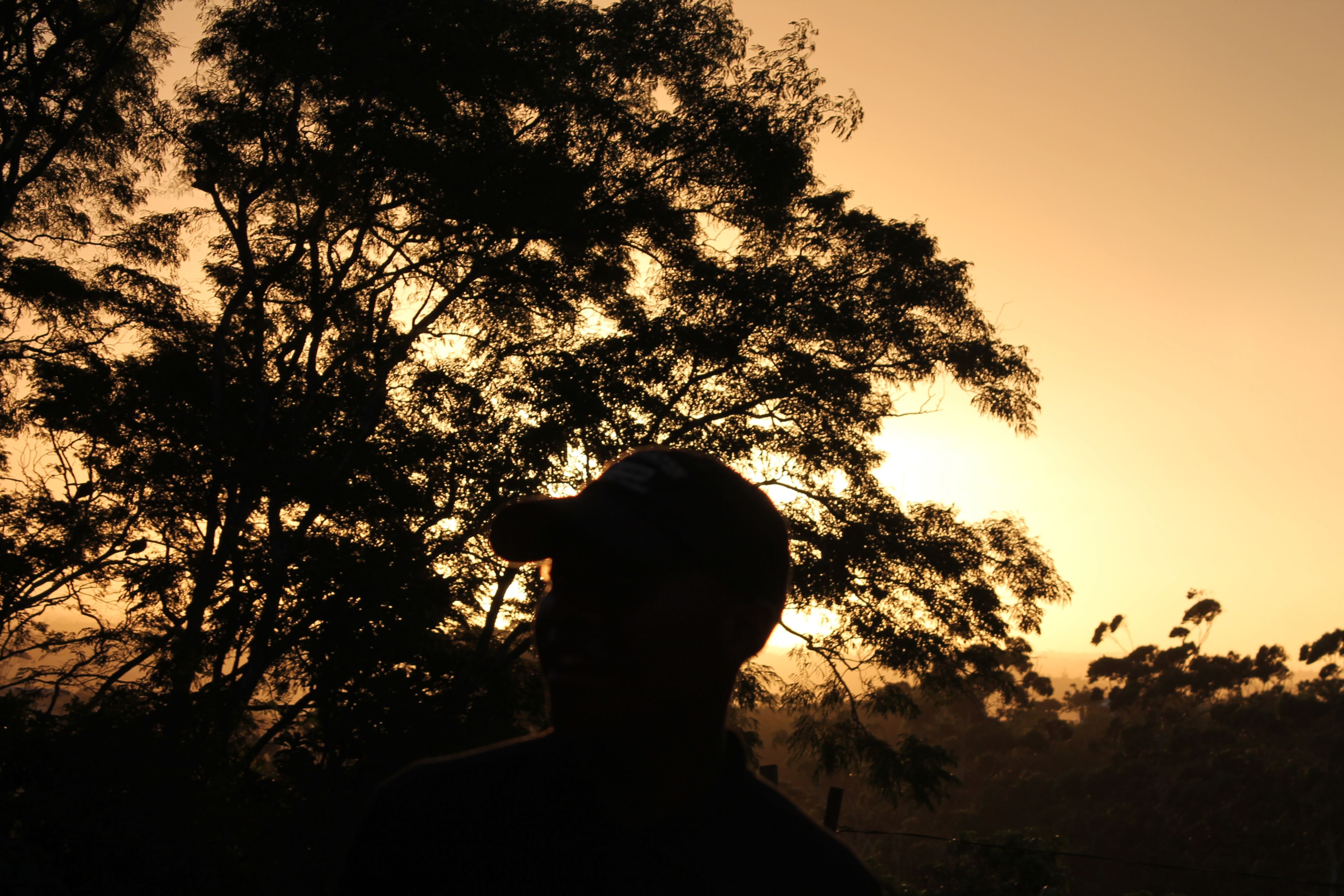
Côte d'Ivoire explores carbon markets as potential source of much needed finance to achieve its climate goals under the Paris Agreement
The Government of Côte d'Ivoire, with technical assistance from UNDP developed a robust carbon markets access roadmap, which identifies the critical actions to be taken in the short, medium and long run for Cote d’Ivoire to effectively engage in the carbon markets. This roadmap is being translated into concrete interventions on the ground. A training and consultation workshop in Abidjan in March 2023 sought to explore carbon markets as a potential source of finance to fulfill climate goals outlined in the Paris Agreement. Engaging representatives from the government, private sector, civil society, and international organizations, a focus was on building capacity about carbon markets and their implications for Côte d'Ivoire's NDC targets. UNDP continues consultations to gather data on the country's carbon market situation. With Côte d'Ivoire's commitment to a low carbon economy, the workshop marked a significant step towards effectively accessing finance for NDC implementation and sustainable development goals.
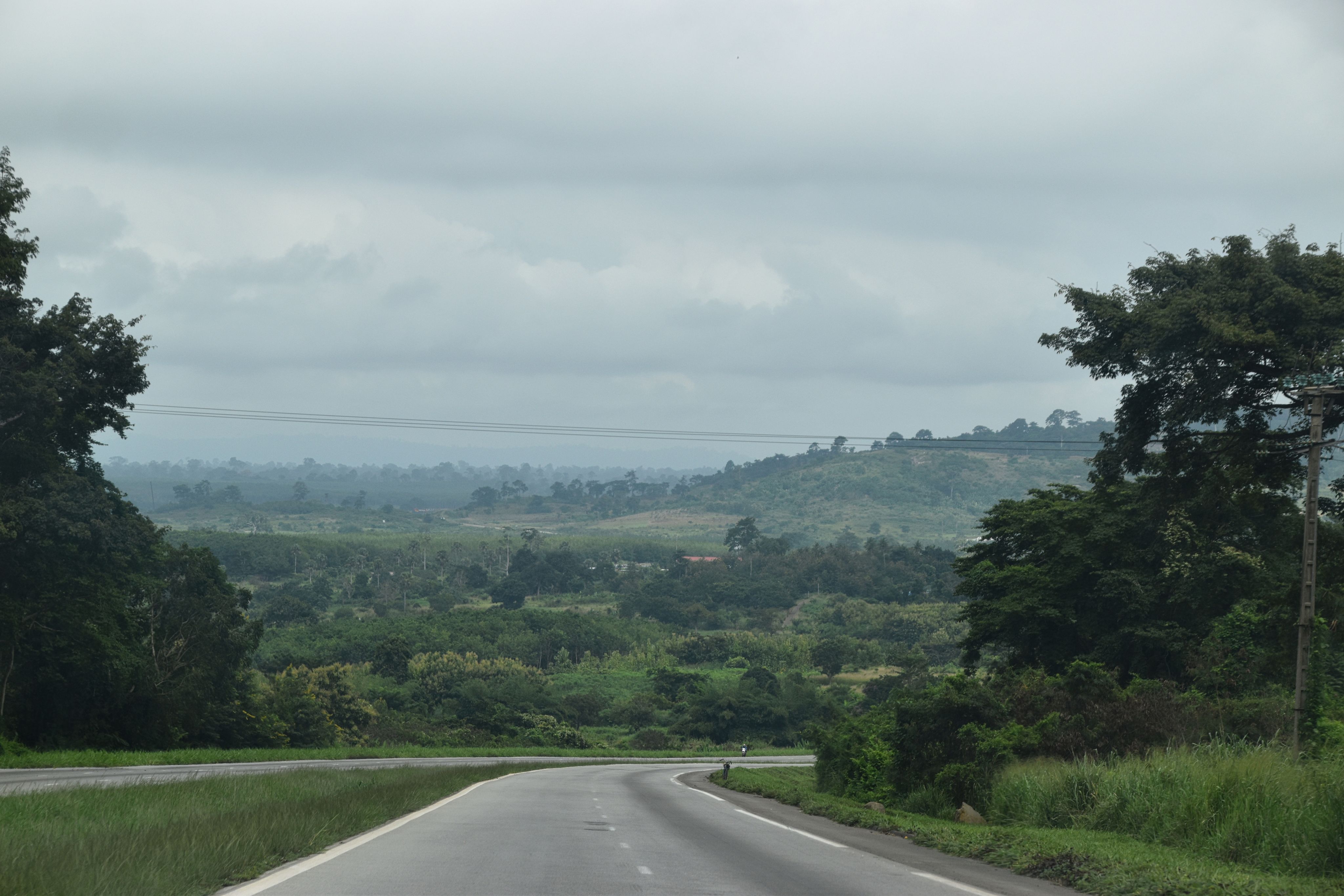
Carbon markets and nesting systems: Kenya and Cambodia share experiences
In a recent UNDP knowledge exchange, teams from Nairobi, Kenya, and Phnom Penh, Cambodia, engaged in a videoconference to discuss nesting systems for REDD+. Nesting, important for integrity involves aligning and harmonizing methodological approaches across different scales within a country. The workshop facilitated a south-south exchange between Cambodia and Kenya, exploring their progress in nesting systems. Cambodia's Nested Framework, a pioneering effort, focuses on stand-alone projects, gradually integrating them with a national approach. The workshop revealed challenges faced by both countries, emphasizing the complexity of carbon markets and technical elements related to carbon accounting. The exchange was mutually beneficial, allowing Kenya to refine its nesting approach and Cambodia to leverage its experience for strategic decision-making. Kenya has since then advanced on its nesting framework approach and implementation. Strengthening the partnership between the two nations is anticipated, with UNDP committed to supporting and expanding such learning efforts globally.
